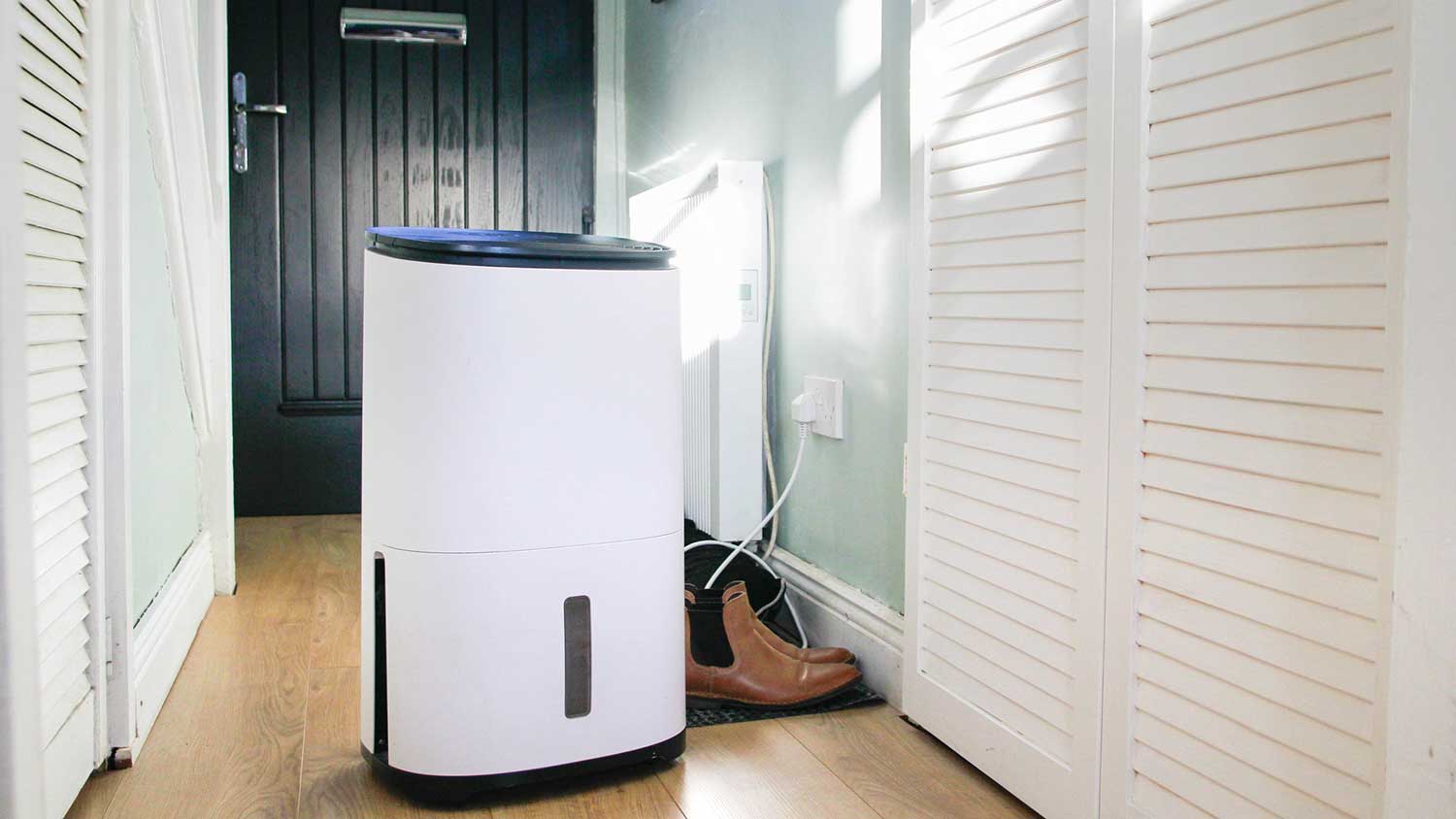5 Cool Tips for Buying the Best AC Unit for Your Home
Chill out and take a breath of cool air with these tips to buy the perfect AC


If you’re looking to buy a new air conditioning system, you’ve likely learned the hard way just how toasty life can get without reliable AC. The perfect AC unit is an investment in your home that can add to your overall quality of life—especially during those searing summer months. But when choosing the right AC system, you should consider certain factors, such as your living area and lifestyle. Here are five key tips to consider when buying a new AC system.
1. Consider the Size of Your Home

When choosing an air conditioner, you should factor in the size of your home, and whether you will buy one central air conditioner, multiple systems, or a main system with smaller units in harder-to-reach areas of the home. According to Consumer Reports, 90% of new homes have central air conditioning units, and three in four American households have some form of air conditioning. It’s fair to say that most of us want to stay cool during the hot summer months, no matter what room of the house we’re in. You can determine the best AC size based on the square footage of your rooms and the cooling capacity, as outlined in the U.S. government’s Energy Star resource. Choosing the correct size means you won’t be overbuying for a smaller house, and that for a larger house, you’ll be cool in every room, even on the hottest days.
2. Look Over Service Plans and Warranties
When you discuss the various options with your contractor or AC installer, ask about each option's service plans and warranties. (Keep in mind that buying an AC online could void your warranty.) You want to choose an air conditioning system that guarantees its parts and operations for years, and will be available for a long time from a trusted brand. That way you know you’ll have access to the necessary parts to repair the system for decades, and that you won’t be facing out-of-pocket expenses in the future if something goes wrong. Along with your ongoing service plan, you can compare the installation costs for each type of AC system as well.
3. Ask Yourself: To Duct or Not to Duct?
One major decision you will face is whether or not to install a ductless system. There are pros and cons to choosing a system that doesn’t need ductwork to cool your home. These systems, which require drilling a small hole, are mounted on the wall and are perfect for homeowners wanting to cool specific rooms. Ductless systems work well if you’re targeting specific rooms or want to cool off a home addition. One big benefit of ductless AC—energy efficiency. AC ductwork leads to lost energy even in the best systems. However, some people don’t like how they look, or may not feel they’re powerful enough to cool an entire home.
4. Opt for a High-Efficiency AC System
Familiarize yourself with the Seasonal Energy Efficiency Ratio (SEER) number associated with your potential new AC system. The U.S. Department of Energy mandates that your new AC unit has a SEER rating between 13 and 25, but many overachieving units seek to perform even more efficiently than that, with numbers passing 25. You’ll find that higher efficiency units will be more costly upfront, but will save you hundreds in utility bills over the years. Work within your budget to choose the highest efficiency AC you can afford to maximize your savings throughout the system’s life.
5. Keep Maintenance in Mind
Some air conditioners require more frequent and higher cost maintenance measures than others, which is a consideration to keep in mind when choosing which is best for your lifestyle and needs. For example, it might be easier to clean a wall unit versus an outdoor air conditioner. You may also wonder whether you should handle the AC maintenance yourself, or call an expert out to help. You can talk to your AC installation pro about your needs and preferences when it comes to AC service, so that you can stay cool on even the hottest days.





- Furnace Repair
- Air Conditioning Repair
- HVAC Repairs
- Furnace Installation
- Wood & Pellet Stove Repair
- Dehumidifier & Humidifier Repair
- Heat Pump Companies
- Swamp Cooler Repair
- Wood Stove Services
- HVAC Companies
- Commercial A/C Repair
- Geothermal Installation
- Air Conditioning Installation
- Boiler Repair
- 24 Hour Furnace Repair
- Geothermal Repair
- Heat Pump Repair
- Humidifier Installation
- Thermostat Repair
- Thermostat Installation
- Nest Installation
- Heating & Cooling
- Heating Repair
- Furnace Cleaning
- Furnace Tune-Up
- HVAC Technicians
- Subcontractors
- Furnace Maintenance
- Plumbing & Heating Companies
- Wood Stove Inspection
- Mini Split Installation
- Wall Heater Repair
- Duct Installers
- What Size AC Unit Do I Need for My Home?
- How Long Do AC Units Last? Here’s the Average Life Span
- Why Annual Air Conditioner Servicing Matters
- Air Conditioning Replacement: Should I Repair or Replace my AC Unit?
- Adding Central Air to Your House: Can You Install AC in Your Home?
- The Best Time to Buy an Air Conditioner
- Is It Bad to Keep Turning Your AC On and Off?
- How to Troubleshoot Your Air Conditioner: 12 Common Problems and Tips to Fix Them
- How to Retrofit Air Conditioning in Your Home (Even When You Think It’s Not Possible)
- 13 Cool Tips to Reduce Air Conditioning Costs This Summer










